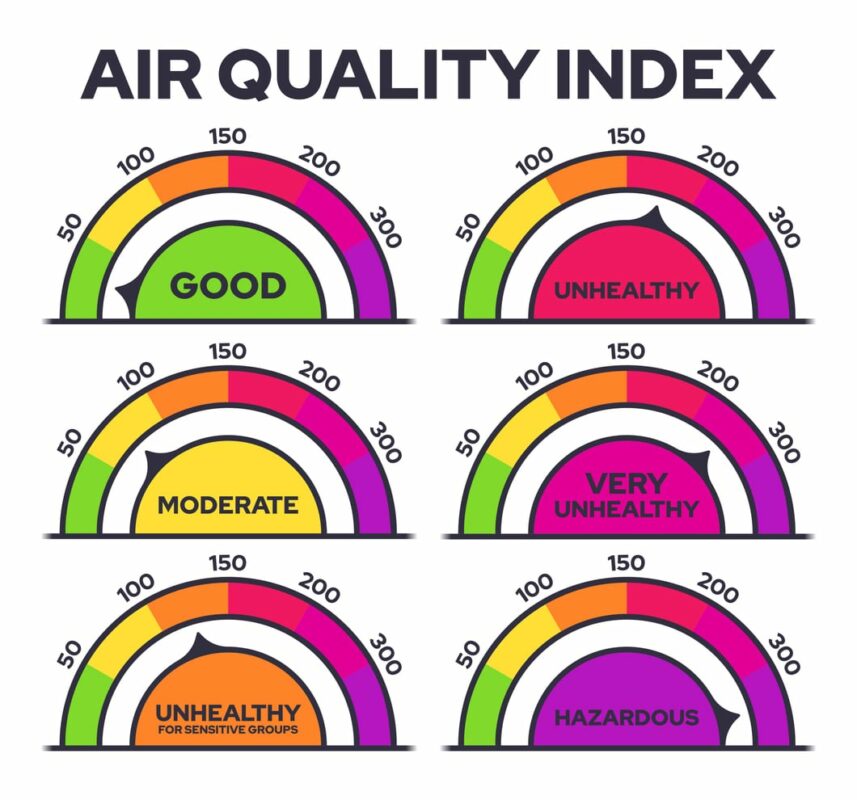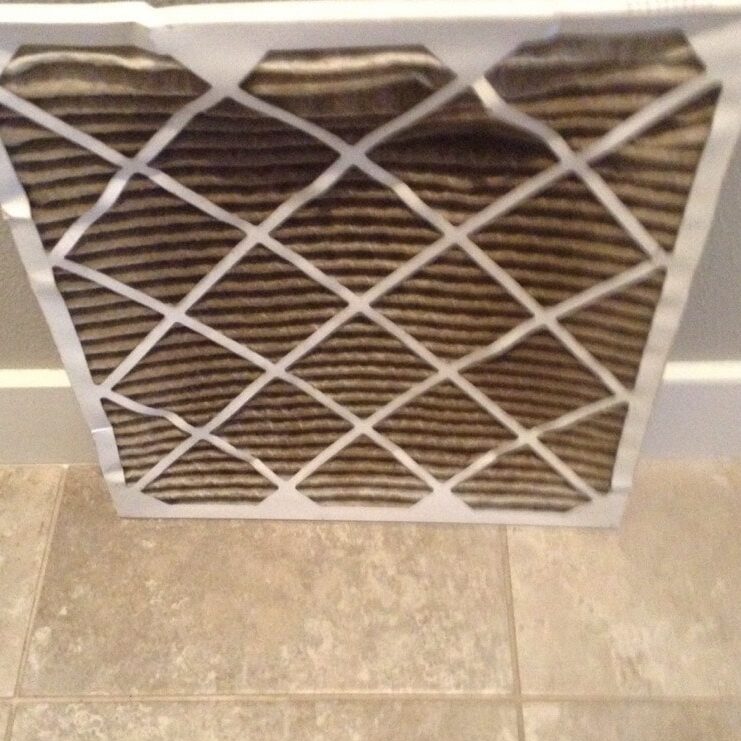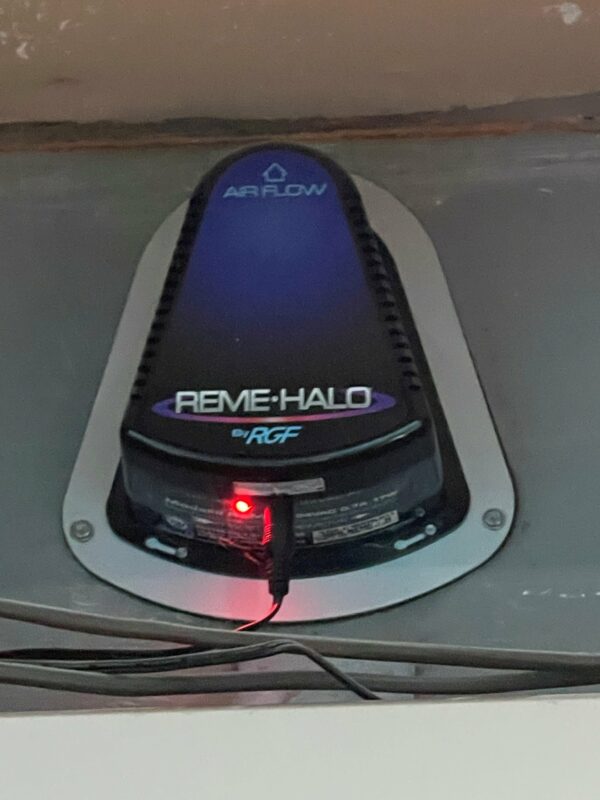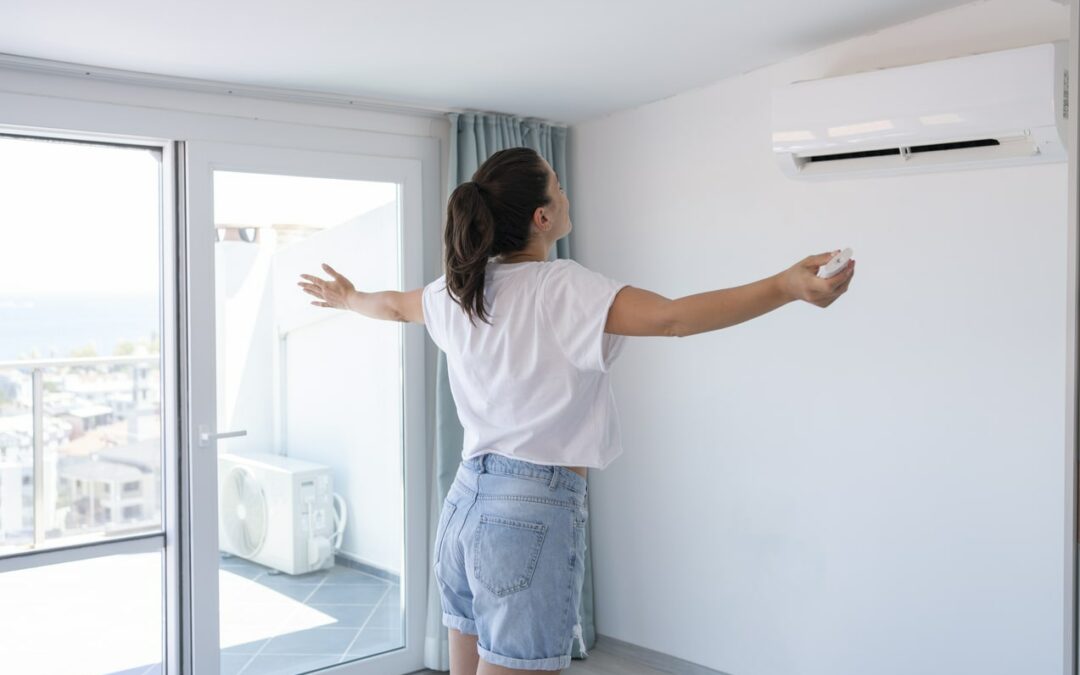Ensuring optimal indoor air quality is paramount for maintaining health and well-being. Air filters, such as pleated, electrostatic, and high-efficiency variants, play a pivotal role in trapping airborne pollutants and allergens. By exploring their specific benefits and considerations, along with providing essential maintenance tips, we aim to empower you to create a healthier indoor atmosphere for yourself and your loved ones.
Importance of Regular HVAC Maintenance
Understanding the significance of regular Heating, Ventilation, and Air Conditioning (HVAC) maintenance is pivotal in enhancing indoor air quality and ensuring the efficient operation of your system. Here are the key aspects:
Comprehensive Maintenance Checks:
Comprehensive maintenance checks are crucial for maintaining optimal indoor air quality and operating your air conditioning (AC) system efficiently. During these checks, HVAC professionals inspect and clean various components such as filters, coils, ductwork, and drainage systems to remove dust, allergens, and microbial growth. By addressing these aspects, maintenance checks promote cleaner and healthier air circulation throughout your home, ensuring a comfortable and safe environment for you and your family.
Impact on Indoor Air Quality:
Poor indoor air quality can worsen respiratory issues, trigger allergies, and lead to long-term health problems. Common indoor pollutants like dust, pollen, pet dander, mold, and spores can accumulate and cause discomfort without proper ventilation and filtration. Implementing measures such as maintaining clean air filters and controlling humidity levels can help create a healthier indoor environment for ourselves and our loved ones.

Benefits of Regular Maintenance:
Regular HVAC system maintenance offers numerous benefits that contribute to improved indoor air quality and overall comfort. By scheduling routine inspections and tune-ups, you can ensure that your system operates efficiently, reducing energy consumption and utility costs. Regular maintenance helps prevent costly breakdowns and extends the lifespan of your HVAC equipment. Clean filters and ductwork promote better airflow and reduce the circulation of allergens and pollutants, creating a healthier living environment for you and your family. Regular maintenance enhances indoor air quality and provides peace of mind, knowing that your HVAC system is in optimal condition year-round.
Choosing the Right Air Filters
Choosing the right air filters for your HVAC system is crucial in maintaining optimal indoor air quality within your household. Opting for the right air filter and adhering to maintenance guidelines can dramatically enhance your household’s air quality, ensuring a healthier living space. Here’s how to make an informed decision:
Select the Correct MERV Rating:
Selecting the correct Minimum Efficiency Reporting Value (MERV) rating for your air filters is crucial for maintaining optimal indoor air quality. The MERV rating indicates the filter’s efficiency in capturing airborne particles, with higher ratings indicating better filtration. However, balancing filtration efficiency and airflow is essential to prevent strain on your HVAC system. Filters with MERV ratings between 8 and 12 are typically recommended for residential use, as they effectively capture a wide range of particles without impeding airflow. Consulting with a professional can help you determine the most suitable MERV rating for your needs, ensuring cleaner air and efficient HVAC operation.
Types of Filters:
- Pleated Filters: These filters are more efficient than ordinary filters. Their larger surface area and finer mesh enable them to capture smaller particles such as dust, pollen, and pet dander.
- Electrostatic Filters: Electrostatic filters are highly effective at trapping small particles, including allergens and pollutants. However, verifying their impact on airflow is essential, as some models may restrict airflow more than pleated or standard filters.
- High-Efficiency Filters: These filters have advanced filtration capabilities and are designed to capture a wide range of airborne contaminants, including allergens, microbes, and even particles loaded with viruses.
Maintenance Tips:
- Installation: When installing a new filter, ensure it is placed correctly and facing the right direction according to the manufacturer’s instructions. Proper installation ensures optimal filtration efficiency and prevents air leakage around the filter.
- Replacement Frequency: Change your air filter every three months or as the manufacturer recommends. However, pet ownership, air pollution levels, and indoor air quality concerns may necessitate frequent filter changes to maintain optimal performance.
- Regular Checks: In addition to the HVAC system filter, other household appliances such as vacuum cleaners and kitchen vents also have filters that require attention. Regularly clean or replace these filters according to the manufacturer’s instructions to support your HVAC system in maintaining a healthy indoor environment.

Tips for Improving Indoor Air Quality
Maintaining clean indoor air is essential for creating a healthy living environment. Considering practical troubleshooting tips, you can indirectly improve indoor air quality by addressing common HVAC issues that may contribute to poor air quality. Consider these practical troubleshooting tips:
- Check Air Filters: Dirty or clogged air filters can restrict airflow and allow airborne pollutants such as dust, pollen, and pet dander to circulate throughout the home. Regularly inspecting and replacing air filters ensures that the HVAC system effectively filters out these pollutants, leading to cleaner indoor air.
- Verify Thermostat Settings: Proper thermostat settings ensure the HVAC system operates efficiently, maintaining consistent indoor temperatures and humidity levels. This can help prevent conditions conducive to mold growth and reduce the spread of airborne contaminants.
- Clear Debris: Removing debris from outdoor units helps maintain optimal airflow, allowing the HVAC system to operate efficiently. Adequate airflow is essential for effective air circulation and filtration, which can improve indoor air quality by reducing the concentration of pollutants indoors.
- Inspect Ductwork: Leaks, gaps, or damage in ductwork can allow outdoor pollutants, dust, and allergens to enter the HVAC system and circulate throughout the home. Inspecting and repairing ductwork ensures that the HVAC system delivers clean, filtered air to each room, improving indoor air quality.
- Purchase Indoor Air Quality Enhancements: Products like the REME Halo help clean and purify your air. This enhancement effectively reduces pollutants like viruses, bacteria, odor, smoke, pollen, and dust from your home.

Contact Progressive Air and Breathe Better
From understanding the importance of regular HVAC upkeep to choosing suitable air filters and implementing troubleshooting techniques, you now have the knowledge and tools to create a healthier indoor environment for you and your family. By prioritizing indoor air quality and adopting these practices, you can enjoy cleaner, fresher air and reduce the risk of respiratory issues and allergies. Remember, maintaining clean indoor air is not only beneficial for your health but also contributes to overall comfort and well-being. For professional HVAC services and expert guidance on improving indoor air quality, contact Progressive Air today. We care about your well-being and strive to provide comprehensive maintenance services to help you achieve cleaner indoor air and a healthier home environment.

